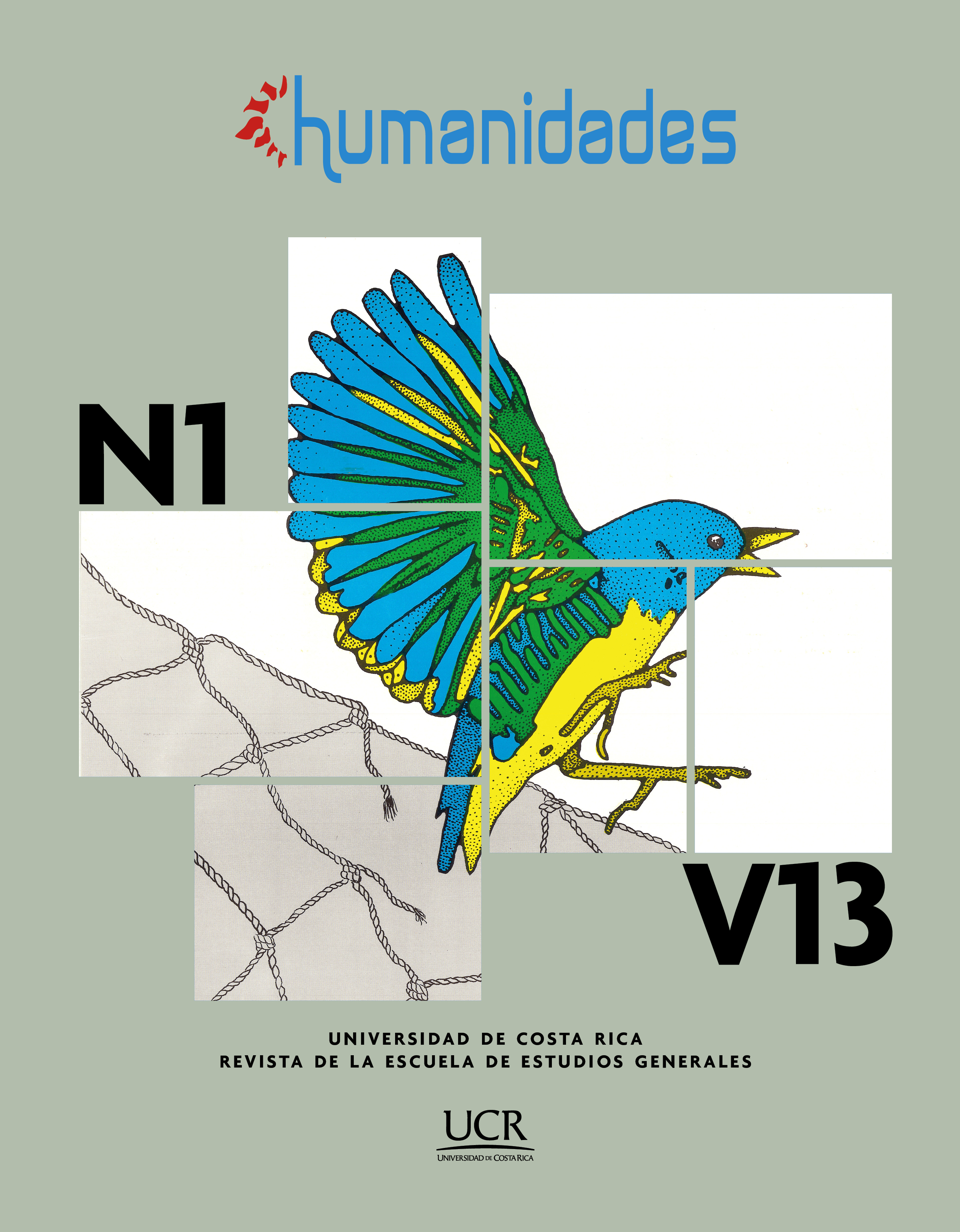Abstract
This paper analyzes the thesis I About the concept of history of Walter Benjamin in relation with the theory of fetichism of the merchandise and provides an integrated interpretation on the subject developed by Michael Löwy, Enrique Dussel and Franz Hinkelammert. The interpretation is primarily focused on an object which almost no attention has been given in an image offered to us by Benjamin: The image of the chessboard where “Historical Materialism” has always triumphed. This essay holds that one of the fundamental elements to understand how to conceive “history against the grain” is, who is the loser in front the chessboard? The question has an intention to go out of the objects that Benjamin presents in this text and show an interpretative key for an overview of this thesis.
References
Benjamin, W. (2005). Libro de los pasajes. Akal.
Benjamin, W. (2012). Angelus Novus. Editorial Comares.
Benjamin, W. (2014). Calle de mano única. Cuenco de plata.
Benjamin, W. (2018). Materiales preparatorios al escrito "Sobre el concepto de historia". En M. Reyes y J. Zamora (Comp.), Sobre la religión. De la alineación religiosa al fetichismo de la mercancía (pp. 320-326). Editorial Trotta.
Blanqui, L.-A. (2000). La eternidad a través de los astros. Hipótesis astronómica. Siglo XXI Editores.
Buck-Morss, S. (2014). Walter Benjamin, escritor revolucionario. La marca editora.
D´Auria, A. (2014). El hombre, dios y el estado. Contribuciones en torno a la cuestión de la teología política. Editorial Libros de Anarres.
Dussel, E. (2017). Las metáforas teológicas de Marx. Siglo XXI Editores.
Hinkelammert, F. (2013). La maldición que pesa sobre la ley. Las raíces del pensamiento crítico en Pablo de Tarso. Editorial Arlekín.
Hugo, V. (2021). Nuestra Señora de París. Alianza Editorial.
Löwy, M. (2003). Walter Benjamin: Aviso de incendio. Fondo de Cultura Económica.
Marx, K. (1981). El Capital. Crítica a la economía política. Tomo 1. Editorial de Ciencias Sociales.
Mate, R. (2009). Medianoche en la historia. Comentarios a las tesis de Walter Benjamin “Sobre el concepto de historia”. Editorial Trotta.
Nietzsche, F. (2007). La gaya ciencia. Editorial Gradifco.
Pangritz, A. (2014). Teología. En M. Optiz y E. Wizisla (Eds.), Conceptos de Walter Benjamin (pp. 1173-1248). Editorial Las Cuarenta.
Prassl, J. (2018). Humans as a Service. The Promise and Perils of Work in the Gig Economy. Oxford University Press.
Poe, E. (1973). El jugador de ajedrez de Maelzel. En Ensayos y críticas (pp. 186-213). Alianza Editorial.
Rabinovich, S. (2014). El enano jorobado que no fuma (o la 'teología' benjaminiana contra el opio del progreso). Reflexiones a partir de la primera tesis sobre la historia. EN-CLAVES del Pensamiento, 8(16), 203-218.
Scholem, G. (2018). Conceptos básicos de judaísmo. Dios, creación, revelación, tradición, salvación. Editorial Trotta.
Tiedemann, R. (Ed.). (2005). Introducción. En W. Benjamin, El libro de los pasajes (pp. 9-33). Ediciones Akal.



